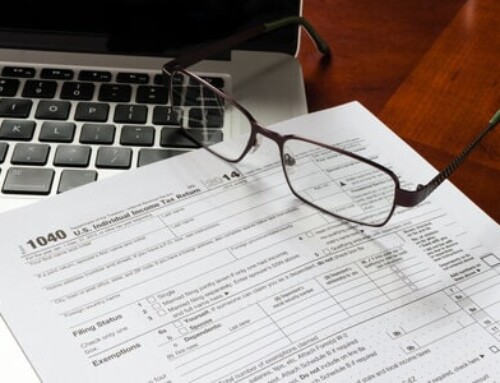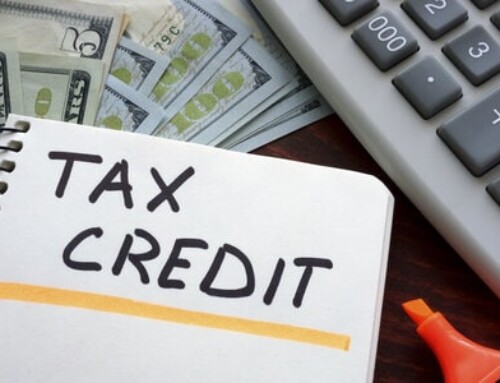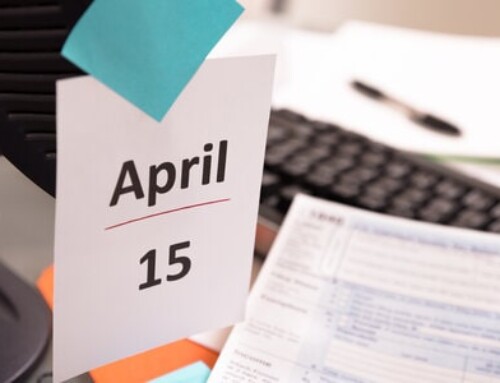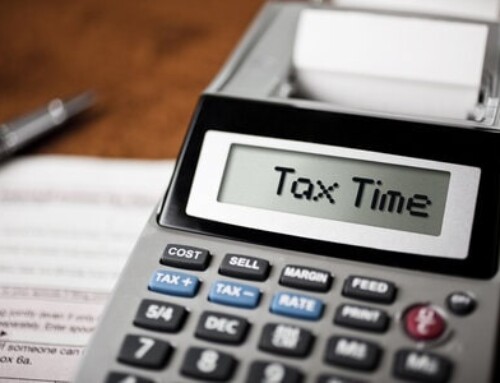 Getting Ready for Your Tax Preparation Appointment.
Getting Ready for Your Tax Preparation Appointment.
Tax season is upon us, so now is the time to prepare for your upcoming tax preparation appointment. To help you get ready, we have compiled this list of 5 things you to take with you to your tax preparer’s office.
1. Photo Identification
The IRS now requires your tax preparer to enter your driver’s license number on your tax return as a secondary verification of your identity. It is a new safeguard to help prevent identity theft. If you are married filing jointly, your spouse will also need to provide sufficient photo identification. It is important to bring your photo ID with you since your taxes cannot be filed without it.
2. Proof of Income
To ensure that your income is reported correctly, you will need to bring in all documentation that proves your yearly income. There are several different forms of income that you may have received during the year. These include:
- Employment Income
- Self-Employment Income
- Social Security Income
- Retirement Benefits
- Foreign Earned Income
- Rental Income
- Unemployment Benefits
- Gambling Earnings
- State Tax Refunds
- Royalties
- Prizes or Awards
- Interest
- Dividends
Each type of income and each income source will send you a different tax statement. This may be a W2 or 1099. Make a list of all your income sources and make sure you have tax documents for them before you go to your tax preparation appointment.
3. Proof of Expenses
Every taxpayer is automatically granted a standard deduction. This is an amount you are given to reduce your taxable income. For the 2016 tax year, the standard deduction amounts are as follows:
- Single: $6,300
- Married Filing Jointly: $12,600
- Married Filing Separately: $6,300
- Head of Household: $9,300
- Qualifying Widow(er): $12,600
The standard deduction is a great way to help reduce your tax liability. However, if you have a lot of qualified expenses you may be able to reduce your liability even more. Some qualified expenses you may have incurred could include:
- Self-Employment Expenses
- Business Expenses (such as client meals or travel costs)
- Education Expenses
- Medical Expenses
- Charitable Contributions
- Mortgage Interest
- IRA Contributions
- Taxes (Income, Real Estate, Sales, or Vehicles Taxes)
- Union Dues
- Job-Hunting Expenses
- Previous Years Tax-Prep Fees
If you have any of the above expenses, you will need to gather all related receipts, statements, or other documents that prove your expenses and bring them with you to your tax preparation appointment. Furthermore, if you are meeting with an experienced and qualified tax preparer, they may be able to help you find that deductions that you were not even aware of.
4. Proof of Losses
If you incurred unexpected losses from a natural disaster, fire, or theft, you will need to bring in supporting documentation. This would include proof that the event happened (a police or fire report, an insurance claim, or another official document that lists exactly what happened). Also, if you received any form of payment to help make up for your loss, you will need to bring in the documentation for that as well.
5. Last Year’s Tax Returns
By providing your tax preparer with last year’s tax returns, they can have access to information that will help them to complete your current tax return. It will also help them see what deductions you took last year, so they have a solid knowledge base when preparing this year’s taxes.
Tax season can make you feel overwhelmed. But it doesn’t have to! Prepare now for your tax preparation appointment! And make sure that you only schedule with an experienced and qualified tax preparer. They will be able to get you the most out of your taxes. Additionally, you will also avoid the costly mistakes an inexperienced tax preparer may make.
Questions or want to schedule an appointment? Contact us by clicking here.






Leave A Comment
You must be logged in to post a comment.